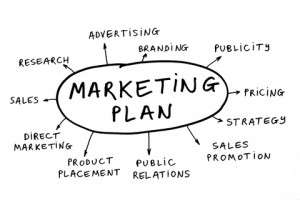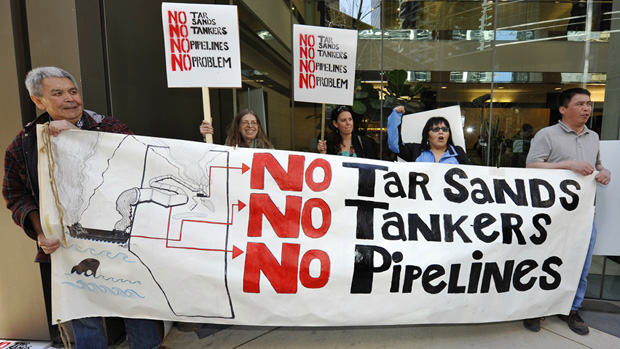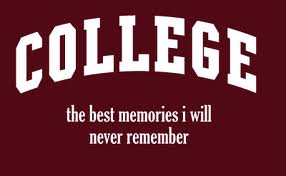In response to The Small Business Blog, I agree that night shifts as essential “to keep the country going and ensure that the economy is kept on track,” but in class I’ve also learned about organizational culture. In addition I’ve learned about corporate social responsibility, however when discussing CSR in class the treatment of employees was never mentioned. I believe treating employees well to create productive company culture is the right thing to do. To link this with night shifts, it is found that 29% of male night shift works are dissatisfied with their job compared to 19% of day working males.
So, is there a way to avoid night shift jobs while running a business that requires night-time jobs such as office cleaning or shelf stacking?
Perhaps if the company hired more employees to divide the night shift hours, or in the best case scenario, they strategize to get rid of night shift hours.
Regardless, employee satisfaction should be in a company’s best interest for the sake of the business, organizational culture, and CSR. It is too bad that night shifts are important to a business yet can harm the company by unsatisfying employees.




 member. As for
member. As for 
 for
for 

